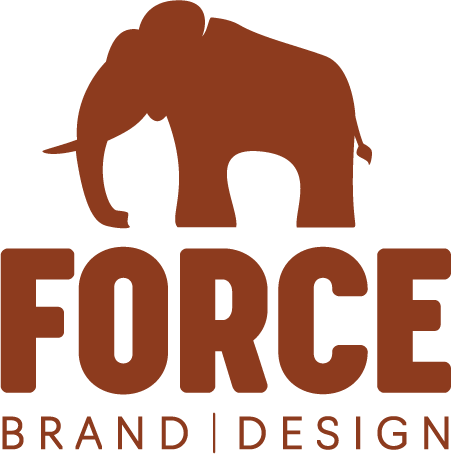WHAT MAKES YOUR COMPANY SO SPECIAL? BEING ABLE TO DEFINE YOUR PURPOSE IS THE FIRST STEP IN BUILDING A GREAT BRAND
Pop quiz: Who are you? What do you do? And why is it important? In other words, why does your company matter?
The first two questions are relatively easy. You should be able to give confident, concise answers in simple terms and break down any complexities into concepts that are easily digestible by your audience.
The last question is a tough one.
Almost everyone can tell you who they are and what they do — but what makes them special? What makes them relevant? What is their purpose? To reach your full potential, you need compelling answers to all of those questions, but especially to why you matter. Your audience is searching for reasons to trust you and connect with your firm. Without purpose, you will never build the kind of loyalty truly great brands inspire.
By building an authentic, successful brand for your firm, you will find your place in the market and be able to assess how you stack up against the competition.
KEEPING PROMISES
The most important thing to understand about your company's brand is that it isn't about who you think you are; it is about who they think you are. They are your clients, the people you want to be your clients and the people who support your competition.
If there is any inconsistency between what your firm says, how it acts and the outside world's experience, you have a problem — you aren't fulfilling your promise. And it may be time to invest more in your brand.
If you break it down, that is what a brand is: a promise. In days gone by, it started with a handshake — it meant something. You can put a great deal of well-intentioned work into building a splashy identity, but if you don't fulfill your promise, that effort doesn't matter much. Your audience will move on to a company that keeps its commitments — to a brand that they can trust.
FOCUSED VISION
If you don't know where you are going, the chances that you will end up where you want to be aren't good. You need a destination.
You should have a focused vision for your brand, with a definition for success and clearly stated goals. You also need solid strategies and tactics in place so that you aren't trudging along without a plan — or much hope — for actually achieving your goals.
Keep in mind that the bottom line isn't the only way to measure success, though it is often a reflection of it.
Creating a definition of success beyond profit margins for your firm — whether that means upholding customer care and community relationships, charitable giving, sustainability or ethics and social justice — is empowering and important in today's marketplace. It not only gives a greater sense of purpose to your work (i.e., reasons why you matter) but also provides touch points for your audience to connect with your firm, based on shared values.
SAY 'CHEESE'
Asking these kinds of questions — and seeking out honest answers — will result in a more precise snapshot of how your firm is perceived. The goal is to form a solid awareness of how your audience sees you, versus your competition, and where any shortcomings exist so you can, in turn, build long-term momentum.
This honest appraisal and understanding should be the foundation on which you develop your brand. Without it, you are building on quicksand and gambling based on guesses.
There isn't a business school in America that teaches the “best guess” methodology for success, and there is a reason for that.
Elevating your brand requires you to be smart — not reactive. That means being disciplined and staying committed to your guiding principles.
If you take this approach, you will be able to make strategic, informed decisions that reflect who you are, what you do and why you matter — decisions that help you earn loyalty by keeping your promise with integrity.
